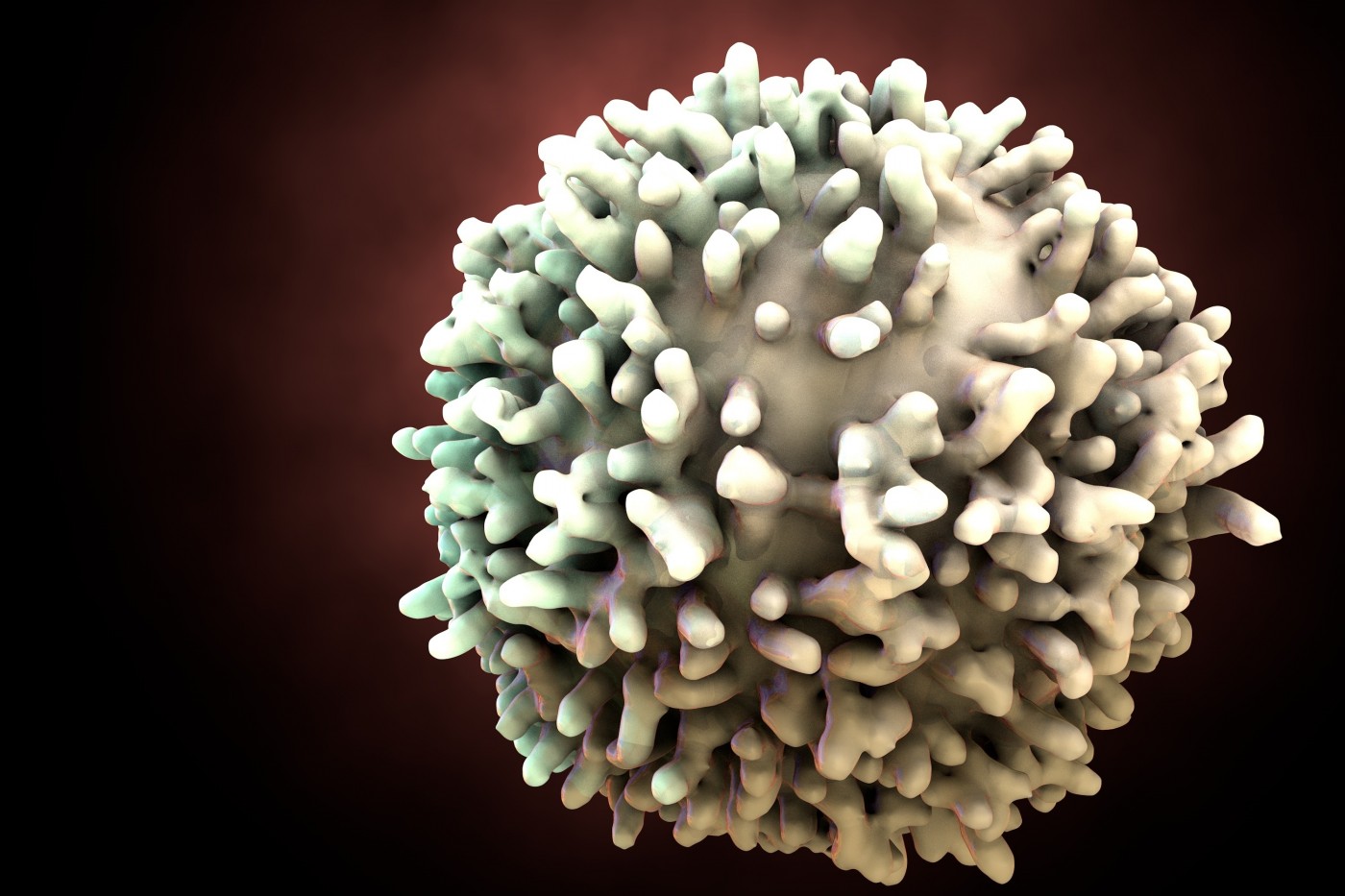National Multiple Sclerosis Society Awards Wisconsin Researcher With Grant To Fuel Promising Study
Written by |

The National Multiple Sclerosis Society awarded a $700,000 research grant to Dr. Bonnie Dittel, a senior investigator at the BloodCenter of Wisconsin (BCW) and adjunct professor at the Medical College of Wisconsin. The grant will help Dr. Dittel advance her research into how specific immune cells in the body can counteract the debilitating symptoms of multiple sclerosis (MS).
Dr. Dittel’s research project is entitled “Characterization of a novel regulatory B cell subset that attenuates EAE,” and its goal is to determine how a subset of immune B cells can reduce inflammation in a mouse model of human MS called experimental autoimmune encephalomyelitis (EAE).
In MS, the patient’s own immune system attacks the central nervous system, resulting in tissue inflammation, damage, impairment in signal transmission along nerve fibers, and irreversible neurological disability. B cells are immune cells able to produce antibodies and eliminate microorganisms. Certain B cells, called regulatory B cells (Bregs) are also capable of controlling inflammation, being therefore seen as a possible key approach to halt MS symptoms.
The research team previously found that Bregs promote the expansion of another subset of regulatory immune cells called regulatory T cells (Tregs). In turn, Tregs have been reported to play a vital role in turning off the immune attacks in MS. Dr. Dittel and her team will try to understand the communication mechanisms between Bregs and Tregs in mice with EAE, and determine which specific B cell subsets trigger Tregs expansion, leading to a recovery from EAE. The findings will then also be confirmed in human B cells.
“Discovering new information is what research is all about,” said Dr. Dittel in a BCW’s news release. “This is the next step in better understanding MS and finding treatments to help people with this disease.”
A better understanding of how B cells can turn off inflammation and MS symptoms is crucial and especially relevant given the B cell-depleting therapeutic strategies currently being tested for MS such as ocrelizumab (a humanized monoclonal antibody produced by Genentech/Roche that targets B cells).
“These new research investments are intended to answer questions that address the unmet needs of people with MS,” noted Colleen G. Kalt, president and CEO of the Wisconsin Chapter of the MS Society. “We are funding scientific breakthroughs that will propel the knowledge we need to end MS and identify everyday solutions that change the lives of people with all forms of the disease.”
There is currently no cure for MS, and the disease affects around 2.3 million people worldwide and 400,000 in the United States. In Wisconsin, MS is estimated to affect more than 11,000 people, representing one of the higher rates in the nation.


